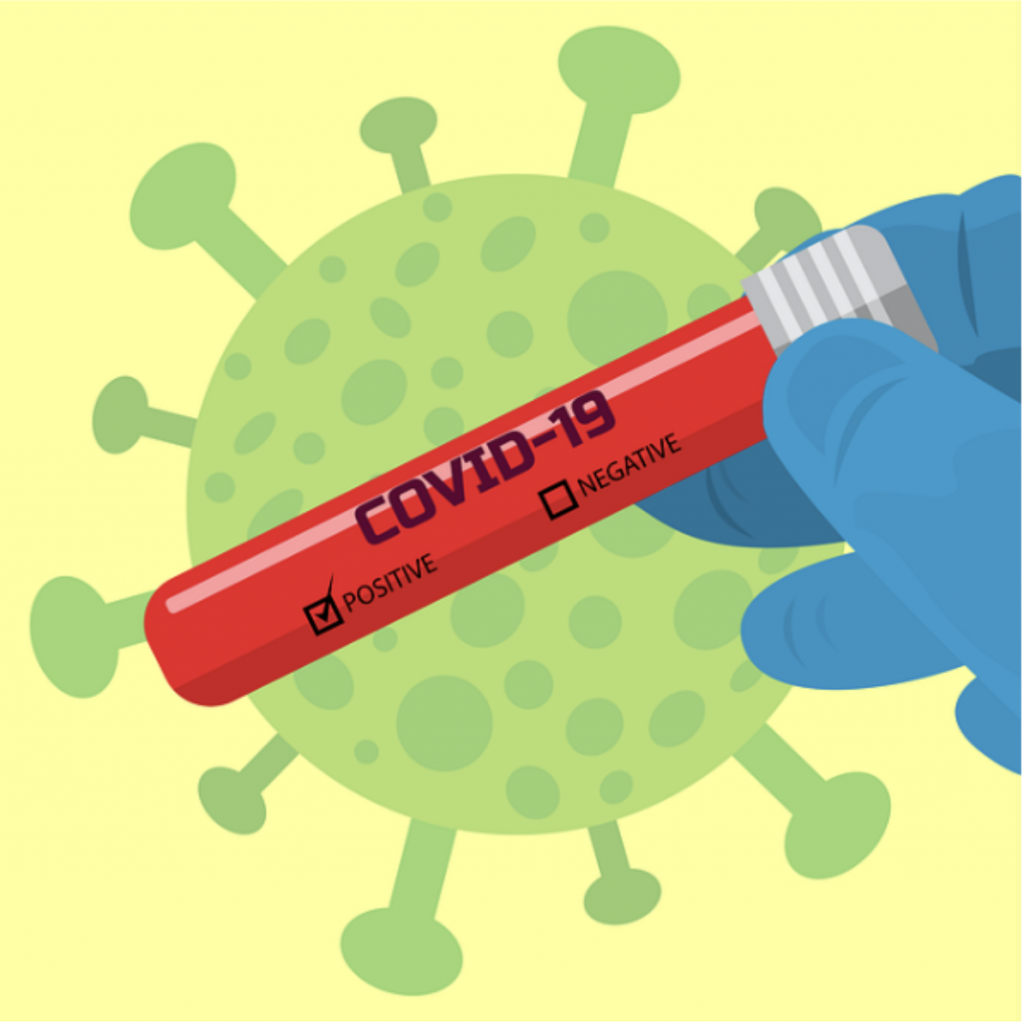
Your B’s and T’s: How They Reflect COVID-19 Infection
TwinsUK researchers have found that your B cell and T cell responses are linked to COVID-19 infection.
The immune system is made up of lots of different cells and organs that help your body fight off infections. B cells create antibodies, which neutralise viruses, with the help of T cells. Doctors and scientists have been using antibody tests to find people with previous COVID-19 infections, particularly for research. The TwinsUK team wanted to see if T-Cell tests would be a helpful addition, or replacement, for antibody tests. This is particularly important now many people cannot access PCR (swab) tests from the NHS when they think they have COVID-19.
The study looked at T-cell responses in participants who did or did not have a positive antibody response to the virus that causes COVID-19 (SARS-CoV-2) in participants who were symptomatic and asymptomatic during the COVID-19 pandemic.
The team gathered data from the TwinsUK cohort who participated in the home visit study and the COVID Symptom Study cohort. They were put into groups based on if they presented symptoms associated with COVID or not, and if they had taken part in TwinsUK’s antibody testing during the first wave in the UK in Spring 2020.
There were 32 participants who were part of the final analysis. None of the 17 participants without antibodies showed a T cell response, when their blood was tested against peptides specific to the virus. 14 out of the 15 participants who had antibodies against COVID-19 experienced a T cell response. Therefore, the study found that there was a strong correlation between antibody responses, and T cell responses to the peptides specific to SARS-CoV-2. Also, individuals who were symptomatic, but didn’t have antibodies after the infection wave in Spring 2020, had no proof of T cell memory of COVID-19 infection either.
The researchers also found no evidence of cellular immunity suggestive of COVID-19 infection in individuals with COVID-19-like symptoms but negative antibodies.
First author Dr Marc Österdahl said:
“Now that access to COVID-19 PCR testing is restricted, it is important for the public, doctors and researchers to know how we can pick-up previous COVID-19 infection. The standard is IgG Spike antibody testing, but not everyone who had symptoms that looked like COVID-19 showed antibodies. “
We wanted to know if T-Cell testing, which is more expensive and complicated, would be needed to pick up all cases. However, in people who had symptoms in recent months, antibody and T-Cell responses are strongly linked, and T-Cell testing didn’t add any benefit. This suggests that the established IgG Spike test is best, and that symptoms in antibody negative people might be from another similar illness.”
